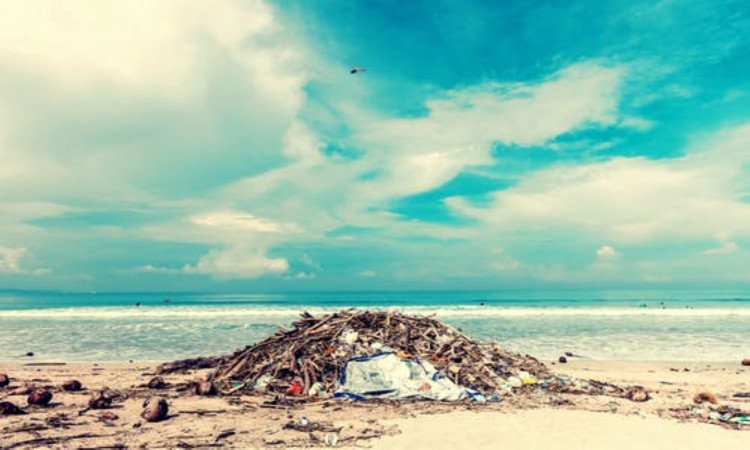The mask is one of the most essential things in our world nowadays. Created using a porous material, masks play a very important role in keeping people protected against the coronavirus, which has already caused millions of cases and thousands of deaths worldwide.
According to experts, the coronavirus can be transmitted through droplets of body fluids especially when someone talks, sneezes, and coughs. The mask acts as a barrier that traps these droplets, which protects not just those who are wearing it, but also other people too.
Unfortunately, as the demand for these facemasks increases, more of this stuff found their way to the ocean too. Though there is still not enough information shared about the negative effects COVID-19 waste as of writing just yet, there are already some environmental activists that can witness what is happening first hand.
According to a post shared by Grist Organization, these activists were able to find lots of masks along with some stuff we use to fight against the coronavirus. These things include empty plastic bottles of alcohol and hand sanitizers, gloves, and even personal protective equipment (PPE) suits.
In the videos and photos shared by the members of a non-profit organization in France named Operation Mer Propre (Operation Clean Sea) online, everyone was able to get a glimpse of how the current pandemic is affecting our seas. In their posts, masks have been scattered on the ocean floor and gloves can be seen swimming along with the divers.
Gary Strokes, a campaigner working with the group OceanAsia, shared his recent experience while clearing out the Soko Islands in Hong Kong with The Guardian. In his statement, he said he had found 70 masks just within the vicinity of the football-sized beach.
Trashes in the ocean is all but bad news, especially those that have plastic contents in it. Plastic could break down eventually into smaller parts, which could be very dangerous for sea creatures once ingested. These plastic particles can also be passed on to us once we consume seafood.
Furthermore, once unmanaged, trash can also negatively affect marine habitats by causing chemical pollution. What's worse is, it won't just harm these sea creatures, but also humans as well.
As these COVID-19 wastes' demand and usage continue to rise, these advocates are worried about the problem with trash and plastic would worsen this pandemic. If no one will step up to alter the problem real soon, our future could get worse even more than we have with COVID-19.






